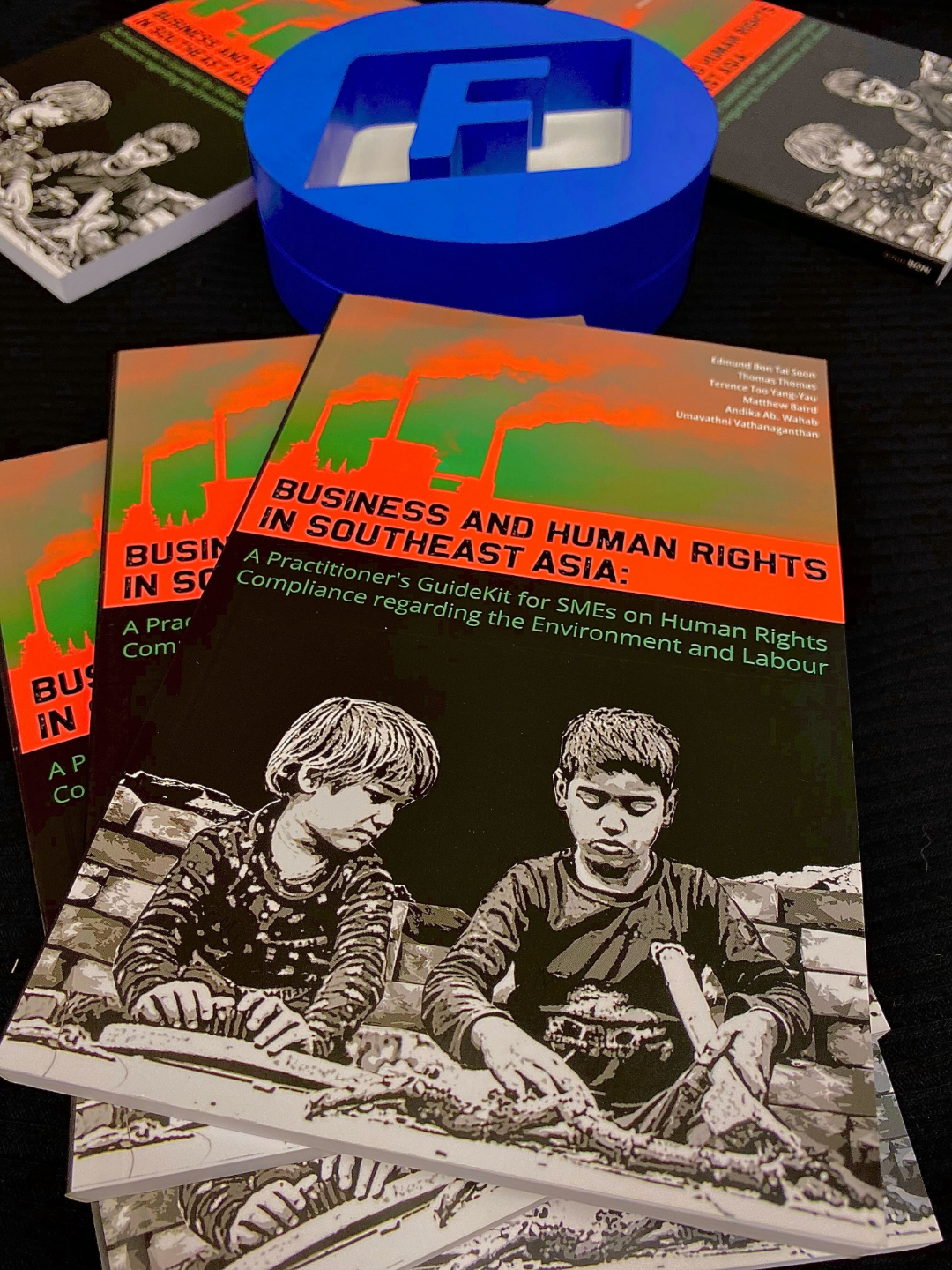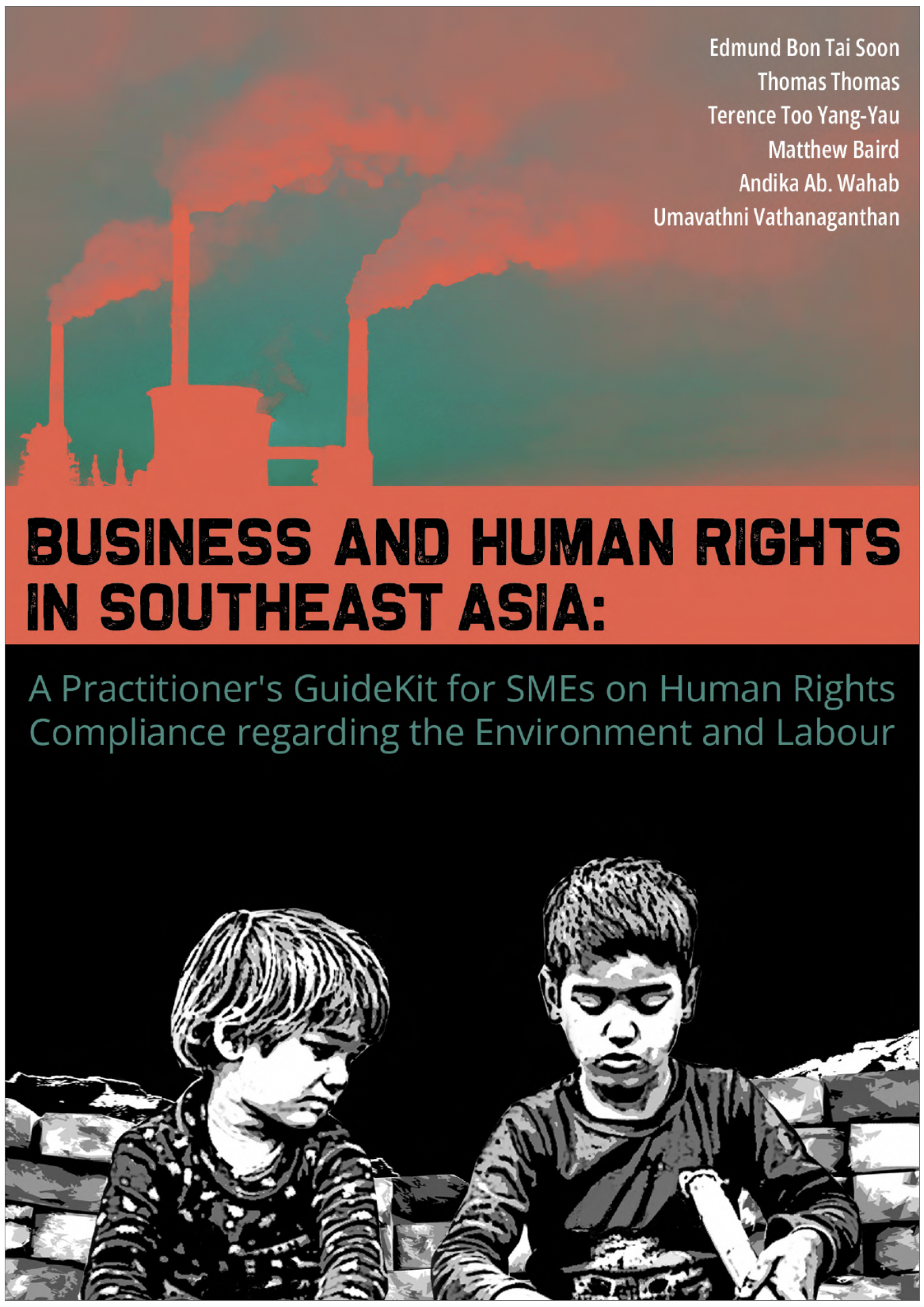Southeast Asia
Environment and Labor: A Guide to Respecting Human Rights
Environment and Labor: A Guide to Respecting Human Rights
The UN Guiding Principles on Business and Human Rights (UNGPs) are clear: States must respect, protect, and fulfil human rights. The same applies to businesses, which must also comply with laws and respect human rights. If these rights are violated, there must be legal remedies.

Ministries and compliance departments of large corporations have the capacity to address these issues. For small and medium enterprises (SMEs), implementing the UNGPs is more challenging. However, given that SMEs make up the vast majority of any economy, their human rights practices are equally, if not more, important than those of large corporations. “I spoke to clients, including operations managers and sustainability officers. Many of them felt that they wanted to comply with business and human rights commitments, but did not know how to,” says Edmund Bon. Edmund is one of Malaysia’s most prominent human rights lawyers and a regional human rights activist partner of Friedrich Naumann Foundation for Freedom (FNF) Southeast and East Asia. In 2020, he had the idea to put together a ‘GuideKit for SMEs on Human Rights Compliance’. Edmund asked experts to contribute.
After two years of discussions, drafts and edits, Edmund’s firm AmerBon and FNF published the GuideKit. It contains eight chapters, which deal with issues ranging from due diligence and internal assessment to environmental risks and fair recruitment. The GuideKit includes a self-assessment template, a validation template, and a scoring template. Lastly, the book describes a process for dealing with worker’s grievance as well as steps to address issues and concerns raised by external parties. In short: The book helps to operationalize the SMEs’ obligations to respect and protect human rights.
“The GuideKit is a first-of-its-kind. It simplifies applicable concepts and standards, contains key tools, and provides solutions SMEs can adopt,” writes Dr. Mohd Munir Bin Abdul Majid, Chairman of the ASEAN Business Advisory Council. Le Thi Nam Huong, Head of the Human Rights Division at the Secretariat of the Association of Southeast Asian Nations (ASEAN) calls the book “a valuable framework to help enterprises manage human rights risks and address adverse human rights impacts. This GuideKit is an essential reference resource.”
Business and human rights

